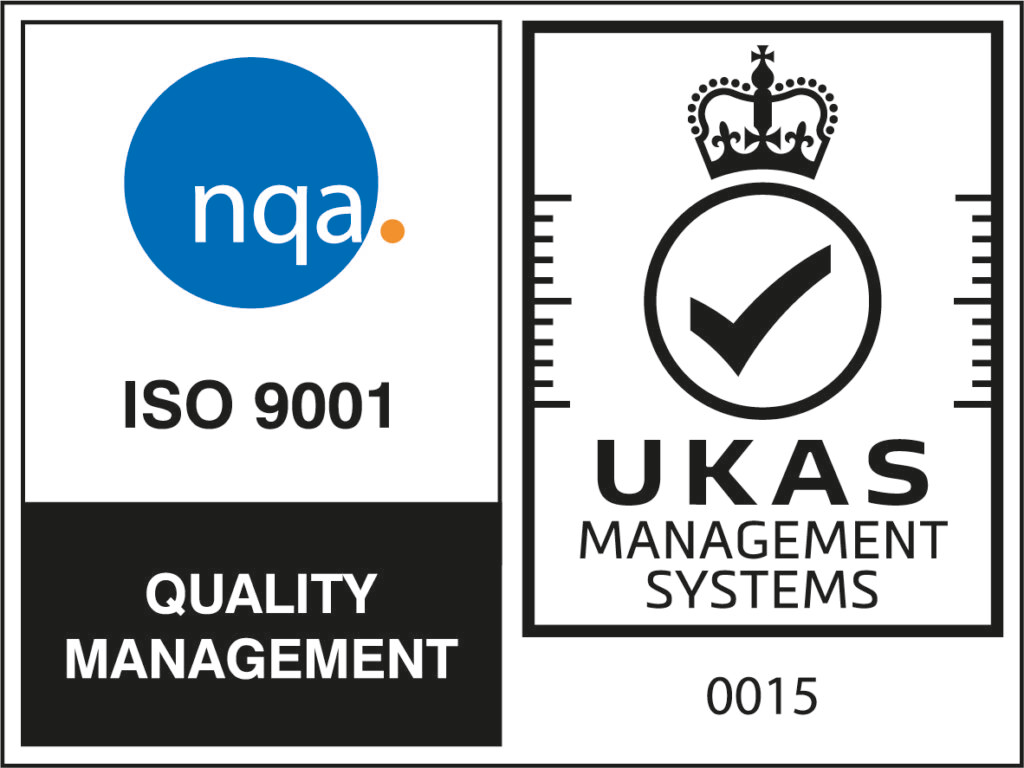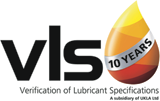VLS Bulletin – March 2025 – Case 010190
VLS 010190 – Mannol Central Hydraulic Fluid 8990
On 14th June 2023 the case was accepted by VLS.
VLS received a complaint about the above product which is detailed below;
To ensure safe operation at low temperatures, a kinematic viscosity value at -40°C (DIN 51562-1 method) is stated in the following specifications:
VW TL 52 146 00: ≤1100 cSt.
VW TL 52 146 01: ≤1400 cSt.
Mannol Central Hydraulic Fluid (CHF) makes a claim against Volkswagen specification TL 52 146 on the container and supporting technical data sheet. The Complainant tested the product and achieved a value of 1738.8 cSt. This value is in excess of the specification requirements and therefore could impair the performance of the vehicle at low temperatures, which could have safety implications.
The packaging and TDS also suggests that the product can be used in place of Pentosin CHF-11S. Although this is a product and not a specification, there is a KV@-40°C figure of ≤1100 cSt shown on Pentosin technical data sheets. The product is a multifunctional one designed for use in selected power steering, transmission, suspension and other hydraulic systems. Failure to comply with these specifications could impair the performance at low temperatures and compromise vehicle safety.
The following specifications / part numbers claim to be equivalent to Pentosin CHF11S and should therefore have the same low temperature performance characteristics and requirements:
Volvo 1161529-1
Ford WSS-M2C204-A
Fendt X 902.011.622
MB 345.0
VAG G 002 000
In summary, the Complainant alleged that Mannol CHF does not meet the Kinematic Viscosity (KV) -40°C limits stated in the quoted specifications referenced above. The failure to comply could compromise vehicle safety.
VLS reviewed the complaint, procured a sample of the product and tested it for Kinematic Viscosity (KV) -40°C. The findings are in line with that of the Complainant, that the product does not meet the VW specifications and is not compliant. The summary test results are as follows:-
Test Method Specification DIN 51562-1 Test KV -40°C, cSt
VW TL 52 146 00 specification ≤ 1100
VW TL 52 146 01 specification ≤ 1400
VLS Sample procured and tested 2610
Complainant Sample Test Result Claimed 1738.8
VLS did not receive a response to the complaint from the Named Party and so VLS is reporting that the product is non-compliant and does not meet its stated performance claims in full.
The case is subject to a six-month review in line with VLS’s stated processes and if found to be non-compliant at this stage, it will be reported to Trading Standards.
On 13/12/2023 VLS undertook a six-month review of the above product. As part of this review VLS sourced and tested a new sample of the product. The new sample which was a different batch to the original sample tested was still out of specification as follows;-
DIN 51562-1
KV -40°C, cSt
VW TL 52 146 00 ≤ 1100
VW TL 52 146 01 ≤ 1400
VLS Sample 1 2610
VLS 6-month review sample 2576
Complainant Sample 1738.8
Consequently, VLS believes that the formulation has not been modified in the second sample. The claims against Pentosin CHF11S and the following claims have been removed from the technical specification:-
Volvo 1161529-1
Ford WSS-M2C204-A
Fendt X 902.011.622
MB 345.0
VAG G 002 000
However, the claim against VW TL 52 146 has been retained which VLS believes is non-compliant and could pose a serious safety risk in use in applications requiring this specification. On this basis details of the case would be escalated to VLS’s Primary Authority partner Bucks & Surrey Trading Standards on a non-compliant basis against VW TL 52 146.
David Wright, Company Secretary of VLS said “We want to ensure we have the highest standards in Europe for lubricant manufacture, blending and marketing, and we want a ‘level playing field’ for all participants, so that we protect the interests of the consumer and other end users.
In the Verification of Lubricant Specifications (UK) Ltd, we have set our course for stronger industry self-regulation by working positively towards more open and transparent competition that benefits all lubricant organisations.”
March 2025




